Reunification is the Goal
I’m Tosha, a wife, mother, daughter, aunt, sister, and foster parent. I graduated with my bachelor’s degree in interdisciplinary studies concentrating on education and psychology. Before our foster journey, my husband and I had two boys. We adopted another son and a daughter through foster care. I have been a foster parent for 11 years, during which we have parented over 60 children. Most of the children were reunited with their birth parents or with family members. Only a few went on to other foster homes.
My first experience with foster care occurred in elementary school. My friend was in foster care with her grandparents, who ended up adopting her. I always knew from that moment that I wanted to be a foster parent and help children while they had to be away from their birth parents. After providing respite care for a friend and discussing it with our two boys, we made the leap.
It can be tough (both emotionally and physically), stressful, and exhausting. However, when you see a child make progress and then see their birth parents make big, life-changing decisions—such as going to rehab, becoming sober, seeking help for their trauma, attending classes, and implementing what they have learned— it makes it all worth it.
“The simple act of including birth parents in these appointments starts building a new foundation in their lives that encourages them to form new, safe, and healthy habits that ensure their success as parents.”
Since the beginning of my foster parenting journey, I have been an advocate for reunification with birth parents. I always make sure birth families know that I am here to be a temporary safe place for their children while they focus on their service plan. I give the birth parents grace, as they may not have had good parental role models. I encourage and celebrate the birth parents when they make progress on their plans and give them advice, and I try to include birth parents at every chance so that they can develop successful parenting skills. I always ask the parents about their children's medical history, favorites, and anything else they think would be helpful. I make sure to include them on medical appointments, whether that's having them attend with me, reporting their concerns to the doctor, or informing them of how the appointments went. The simple act of including birth parents in these appointments starts building a new foundation in their lives that encourages them to form new, safe, and healthy habits that ensure their success as parents.
As foster parents, we see children who are typically behind in many areas of their lives. Foster parents have more power to utilize resources to support the children in their care than they realize. When a child comes into my home, one of the first calls I make is to the pediatrician. This allows us to take initiative and seek early interventions, such as physical therapy, occupational therapy, speech therapy, counseling, and physiological services. For example, I've had several children who came to me not speaking even though they were old enough to. Within a few months of utilizing speech services, working with them in my home, and having their birth parents work with them during visits, these children made leaps and bounds. I've also found that getting children established with a therapist, even at a very young age, can benefit them greatly. I have found that when children start learning coping skills at an early age, even as young as 18 months old, it is easier for them to use those skills throughout their lives. I also include birth parents as much as possible in counseling so they can learn how to support their children while in foster care and when they return home. It is greatly beneficial for caseworkers to get information about previous services children had in place before coming into custody or coming into a new foster home so they can continue. It is also helpful for birth parents to get information about current services from the caseworker or foster parent.
“I’ve also found that getting children established with a therapist, even at a very young age, can benefit them greatly.”
In my many years of fostering, I have found that caseworkers only know about half the available resources out there. If caseworkers had a digital database for information to be collected and shared with foster parents, birth parents, and other caseworkers, this would make accessing the information quick, easy, and convenient for everyone.
Fostering is challenging on many levels, but it is well worth it to see the change in the children and the parents. Keep up the hard work if you are in your fostering journey, and if you are interested or just starting, keep your chin up and give yourself grace. Share all the resources you know or learn about with the caseworkers so that they can share them with the birth parents or other foster parents. Seek early interventions for the children in your home and understand it's going to be a lot in the beginning, but as they make progress, it will get easier. Include birth parents in appointments and services so they will be very prepared to take over when they return home. Set the whole family up for success!
Our goal here at Calvary is to make sure every child is nurtured in a welcoming, reliable, and Christ-centered home and that they are united with their family as a more physically, emotionally, relationally, and academically stable individual.
Every child on our campus visits our on-site therapist free of charge, receives weekly tutoring, and lives will full-time families that share the Gospel with them on a regular basis. We also know that the bio-parents are not always the enemy and their children want to be with them - it’s important to protect that relationship as much as we can. We believe in the success of the family as much as the success of the child.
Our hope is that children can be reunited with their families as a stronger unit, but that is not always possible. But the more we cheer for and support the bio-parents in their journey to reconnect with and care for their children, the more they will be setup for success.
If you’d like to lock arms with our ministry that cares for the whole child and their futures, please consider partnering with us in prayer or financially.
This story was provided by the Children Welfare Information Gateway. This story was published as part of their National Foster Care Month campaign.



